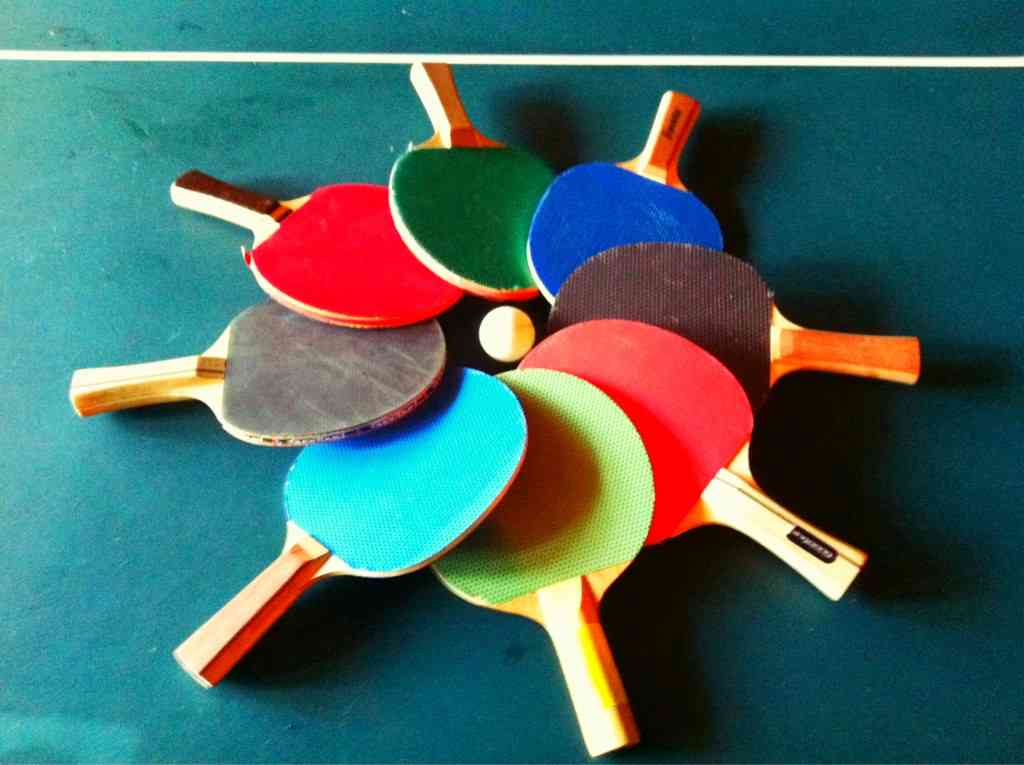
Talea is westward bound this week for concerts in Seattle and Victoria, BC. If you can’t join us out west, checkout Anthony Cheung’s program note about Tuesday’s concert at Town Hall Seattle. We’re psyched to be collaborating with rock star cellist, Joshua Roman.
The Talea Ensemble presents a concert on the theme of “games,” loosely defined as musical representations of real and imaginary activities, from sports to video games, relying on cooperation and competition. In each piece, rules are set into motion and either strictly adhered to or broken. More than just sonic mimicry, the aural connection to rule- and role-based music making reveals new possibilities for drama and rhetoric, and consistently plays with the listener’s set of expectations.
In Mauricio Kagel’s Match (1964), two cellists situated on opposite sides of the stage compete in an imaginary tennis match while being “refereed” by a percussionist in the center. A composer very much influenced by Kagel’s sense of theater and play is the polyglot improviser, composer, and impresario John Zorn, whose early game pieces explored the possibility of improvised interactions within strict constraints and single-sheet scores consisting of verbal instructions. “Rugby” dates from this early period; which relies on a prompter holding up instruction cards.
Many of the works of Vito Zuraj, a young Slovenian composer based in Germany, use analogies from tennis, both in their titles and rhythmic and polyphonic energy. The ensemble will present a new version of “Deuce” for bass clarinet and percussion. And turning to virtual rackets, Moritz Eggert’s “Pong,” written in a new version for Talea, is an allusion to the first-ever video game. Here the rackets hit and miss moving objects, receiving and deflecting musical material. Similar to the Kagel, the medieval musical idea of “hocket” is used prominently to convey dialogue and disruption.
Finally, a purely musical game exists in the form of Milton Babbitt’s “Fourplay.” Babbitt, whose punning brilliance with titles was itself a game of the highest order, infers nothing more than musical interplay, with an underlying and fluid two-part polyphony that anchors the full instrumental component through a brilliant network of relationships.
-Anthony Cheung
Artistic Director, Talea Ensemble
